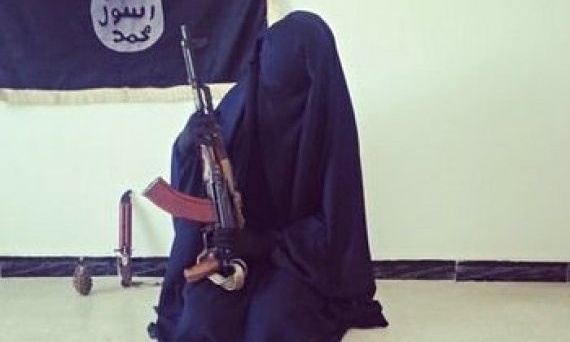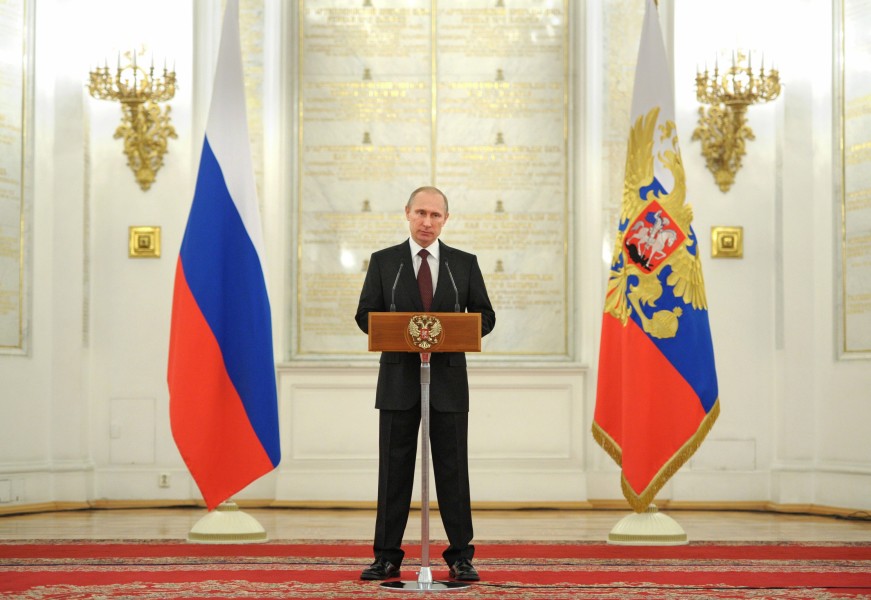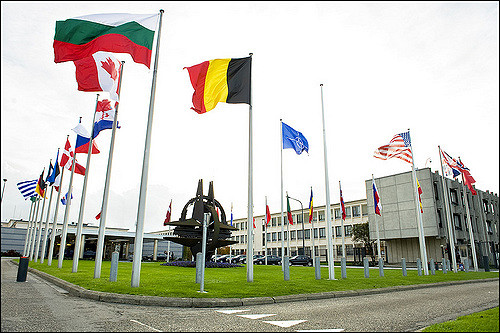Recent media coverage of the Islamic State in Iraq and Syria (ISIS), has been heavily focused on the violent and brutal nature of its warfare, but little attention has been devoted towards the social norms imposed by the group’s interpretation of Sharia law, specifically its aim to uphold strict patriarchal values. By imposing its own variation of Islamic fundamentalism, ISIS encourages women to cover their bodies in burkas, to obey the authority of their husbands, and to accept their place within the household as wives, mothers and homemakers. Any woman intent on violating such rules could be subject to being beaten, imprisoned or executed. Due to its archaic values, it could be assumed that most women would stray away from the organization, rather than choosing to be part of it. Remarkably however, in recent months the number of women who have voluntarily joined ISIS has been growing steadily.

In early September 2014, when 19-year-old Glasgow native Aqsa Mahmood left her family to marry an ISIS fighter in Syria, she left many wondering why a young girl would abandon the security of her home to devote her life to the practices of one of the most suppressive terrorist organizations, in the world’s most dangerous war-torn region. Yet Mahmood’s story is not unique. There are thought to be close to 200 Western women who have followed in Mahmood’s footsteps, leaving behind their friends and family to travel to Syria or Iraq, in search of a jihadist husband and a means to fully devote themselves to Islamic law. As has become ISIS’ trademark, these women have taken to social media to espouse their support for the recent ISIS-led beheadings, to condone past terrorist attacks on Western soil, and encourage other women to make a similar commitment. Twitter, Instagram and online blogs have served as a community support-group, enabling the women to offer advice to other females considering undertaking the same lifestyle, while also serving as a means to propagate anti-West speech and pro-ISIS rhetoric.
On September 26th, 2014, an undercover video recording, taken by a female Syrian citizen living in ISIS-control Raqqa was distributed online, allowing the rest of the world a glimpse of life under the terrorist organization. In the video, the woman catches the attention of ISIS fighters, who criticize her choice of dress, arguing that despite wearing a burka she was not properly covered up, exclaiming that “God loves women who are covered.” The video then records events taking place in an internet-cafe, where women can be seen Skyping tearful family-members, telling them that they are happy with their decision to relocate to Syria and that they would not return to their home country.
The video offers valuable insight into the daily lives of Syrian citizens, but also raises troubling questions for those who cannot fathom why someone would independently decide to leave the comfort of her home to marry an individual who upholds values which degrade the position of women, to become a member of the world’s most radically violent terrorist group, and to live in a hotbed of war and conflict
While to a Westerner, such a notion is incomprehensible, for these women the lure to join ISIS could lie in their disillusionment with the West, and sense of romanticism they tie to the jihadist fighters who are willing to risk their lives and die for a cause they so strongly value. Feelings of ostracism and anger towards Western values could fuel their pursuit to lead a more religious lifestyle, pushing them to the point where they become unperturbed by the sight of violence surrounding them. While naivety and sheer ignorance could be blamed for some of the girls’ decisions, other women are likely to fully comprehend the dangers which they face, yet are so devoted to fulfill a life of religion, to start a family within the caliphate and to follow principles believed to guide them towards the purest form of living, that they feel dying amongst fellow believers is better than living in a community with which they feel no connection.
Searching for a logical explanation may prove to be an impossible task, yet simply ascribing the decisions made by these women to mental illness or delusion is too easy. Their devotion to their God could account for a sense of desperation to be included in a like-minded community, clouding their judgment to the many strings which are attached. This need for a sense of belonging has driven people to join criminal gangs or cults in the past, such as Fundamentalist Church of Jesus Christ of Latter-Day Saints in the United States which had a large female following, despite its abusive and violent reputation. Others might be seeking attention from their families, acting out against treatment they had been subject to within their own homes, or searching for an idealized male figure that they believe they will find, leading them to chase a fantasy for which they either are oblivious to the consequences they could face, or merely don’t care. Hannah Styffe




